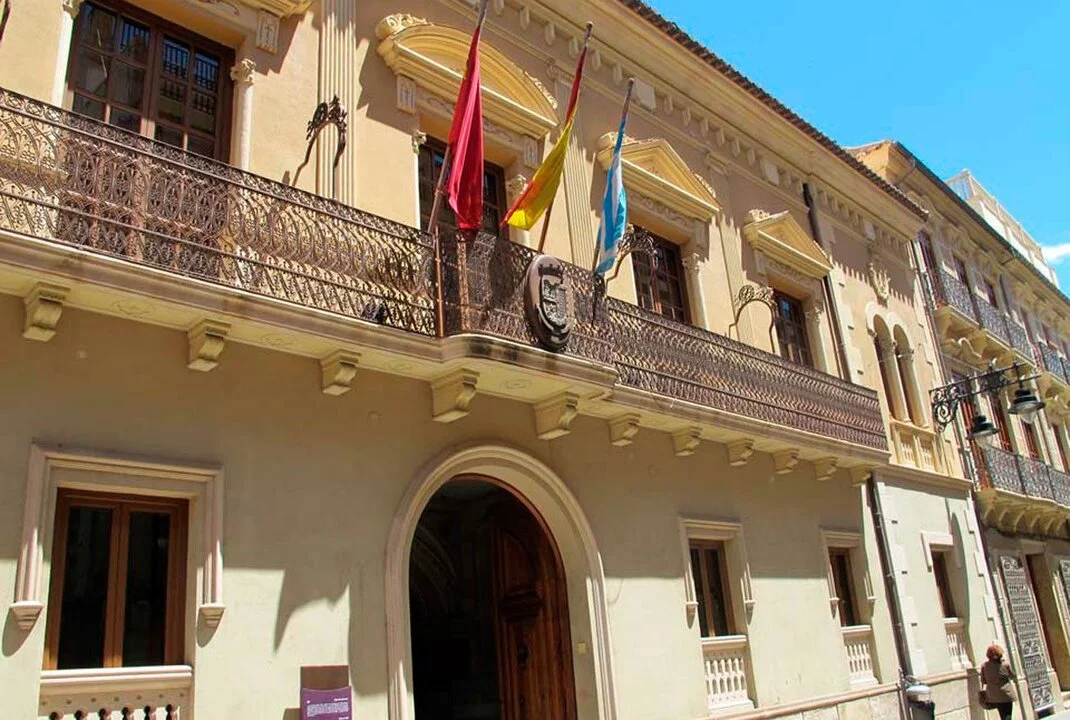
A Controversial Decision and Its Implications
In a move that has raised significant concerns, the municipal council of Jumilla, located in Spain’s Murcia region, has decided to prohibit the public celebration of two major Muslim holidays: Eid al-Fitr and Eid al-Adha. This decision, supported by representatives from the conservative People's Party (PP), has sparked intense debate in this southern town, which is home to a notable Moroccan community.
The ban means that municipal facilities in Jumilla, a town with around 27,000 residents, will no longer be available for Muslim religious celebrations. The proposal was initially put forward by a local councillor from the far-right Vox party, who notably did not participate in the final vote. While the final version of the motion was modified to some extent, it still represents a clear expression of xenophobia, especially in light of recent politically charged violence in the region.
Impact on the Muslim Community
Approximately 1,500 Muslims live in Jumilla, making them a minority within a region that hosts many Moroccan immigrants. Nationwide, Spain’s Muslim population is estimated at 2.5 million, with just over one million holding Spanish citizenship. Despite their contributions to the community, including paying taxes, these individuals now face restrictions on their ability to celebrate their religious holidays in public spaces.
Critics argue that this decision violates the right to freedom of religion and worship, enshrined in Article 16 of the Spanish Constitution. They also point out a double standard, as public and municipal spaces across Spain regularly host Christian religious events tied to cultural traditions, such as Holy Week processions. The motion to ban Muslim festivals, however, claims to preserve the values and traditional expressions of local “cultural identity,” while ignoring the region’s deep-rooted Arab-Muslim and Jewish heritage.
Reactions and Calls for Action
Sabah Yacoubi, president of the Association of Moroccan Immigrant Workers (ATIM) in Murcia and national vice president, called the vote “unacceptable.” She emphasized that the measure contradicts Spain’s constitutional framework and the agreements the Spanish state signed with the Islamic Commission in 1992.
“Banning Muslim religious celebrations in public spaces is not just an administrative decision, it’s outright discrimination,” Yacoubi stated. “This idea that Muslim holidays are ‘foreign’ to local identity is both false and dangerous.”
On social media, she questioned the logic behind the ban, asking, “Since when are Holy Week processions in the streets questioned? Who decides what counts as ‘the identity of the people’?” Yacoubi pointed out that the 1,500 Muslims in Jumilla pay taxes and are part of the community, with the same right to access public spaces for their celebrations.
Historical and Cultural Context
Yacoubi argued that Islam is part of Spain’s history, emphasizing that denying its presence is equivalent to denying nearly eight centuries of history. She reminded that Andalusian heritage lives on in Spain’s culture, language, architecture, and traditions. “It is not foreign, it is ours. Erasing it is historical revisionism meant to spread hatred.”
She referenced a 2013 ruling from Spain’s Supreme Court, which made it clear that local councils cannot legislate against the constitutional right to religious freedom. In line with that decision, the court previously overturned local ordinances banning the burqa in Lleida and other municipalities.
Broader Concerns and Warnings
In a broader context, Yacoubi sees the Jumilla ban as part of a pattern of escalating far-right rhetoric, especially following racially charged incidents in Torre Pacheco, also in Murcia. “Islamophobic policies are being tested under the pretext of defending ‘what belongs to us.’ It’s a political experiment in exclusion—a laboratory for institutional racism,” she warned.
Yacoubi concluded with a call for vigilance: “This is a prelude to a dangerous trend. We must stop it before it spreads to other Spanish municipalities.” Her message underscores the need for continued awareness and action to protect the rights of all communities, regardless of their religious or cultural backgrounds.
